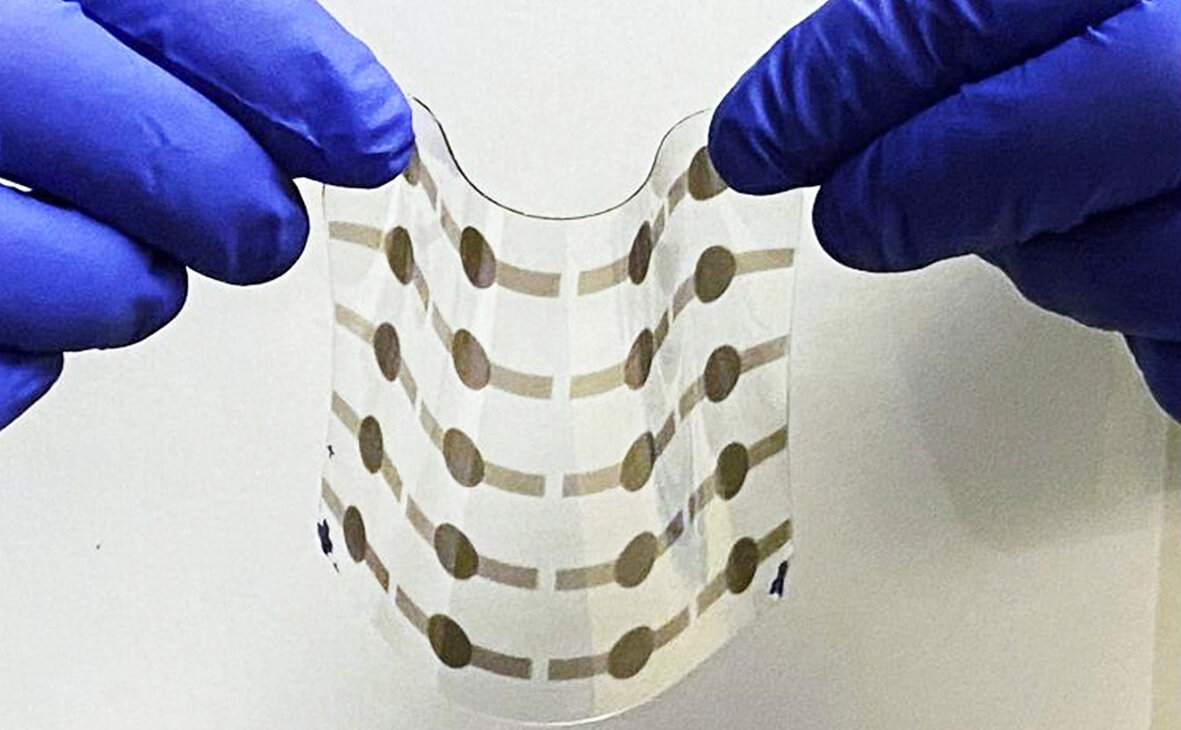Scientists from MIT and Duke University have developed a groundbreaking elastomer with ultrahigh strain-induced crystallization. The study, published in Science Advances, demonstrates that strain-induced crystallization can strengthen and toughen elastomers while also facilitating an elastocaloric effect.
Traditional elastomers typically have a strain-induced crystallinity of less than 20%. The researchers used a class of elastomers formed by end-linking, called DELSE (deswollen and end-linked star elastomer), to achieve a strain-induced crystallinity of up to 50%. This ultrahigh stretchability contributes to a high elastocaloric effect, where the material experiences an adiabatic temperature change.
Strain-induced crystallization occurs when amorphous polymer chains transform into highly oriented and aligned domains due to mechanical strain. The resulting crystalline domains can resist crack extension and blunting, enhancing the material’s toughness and promoting crack deflection. This process preserves the integrity of the elastomer network and allows for close to 100% recovery in just seconds.
The researchers studied the structure and properties of the DELSE elastomer using X-ray analysis. They found that its uniform network structure and high stretchability were key factors in achieving the ultrahigh strain-induced crystallization. The elastomer exhibited a diffraction spot indicating the formation of poly(ethylene dioxide) crystals in a helical structure.
To investigate the elastomer’s stretchability and potential applications, the team conducted mechanical characterization tests at 60°C. They found that the DELSE elastomer demonstrated high toughness with low stress-stretch hysteresis. By introducing reversible bonds, the researchers were able to reinforce the softest materials and induce large stress-stretch hysteresis.
The study also explored the potential of using the DELSE elastomer for elastocaloric cooling applications. Elastocaloric effects occur when a material’s entropy decreases, resulting in increased thermal entropy and heat generation. The strain-induced crystallization in the DELSE elastomer contributed to the elastocaloric effect by releasing latent heat during crystallite formation.
Compared to natural rubber and conventional elastomers, the DESLE elastomer showed increased stability, different polymer chemistry, and a well-formed structure. Its increased stretchability and uniform chain length distribution enhanced its theoretical elastocaloric effect, making it a strong candidate for advanced solid-state cooling technologies.
The development of this futuristic elastomer opens up possibilities for engineering soft materials with specific network architectures. These materials have numerous potential applications in aerospace structures, medical devices, and elastocaloric refrigeration.
This groundbreaking research builds upon the discovery of strain-induced crystallization in rubber nearly a century ago. The development of elastomers with ultrahigh strain-induced crystallization surpasses the capabilities of natural rubber and conventional materials, offering new horizons for the field of material science.
*Note:
1.Source: Coherent Market Insights, Public sources, Desk research
2.We have leveraged AI tools to mine information and compile it

